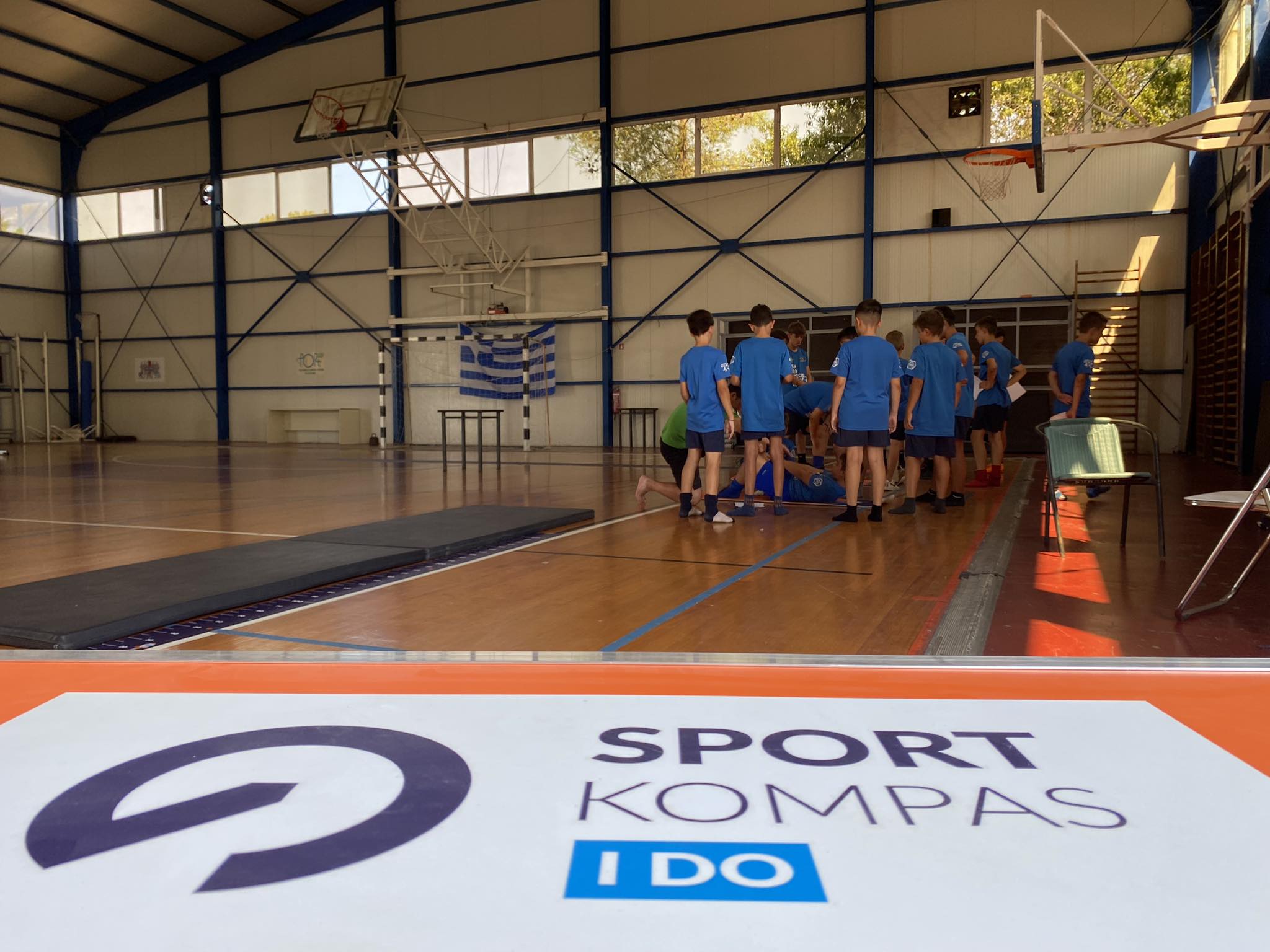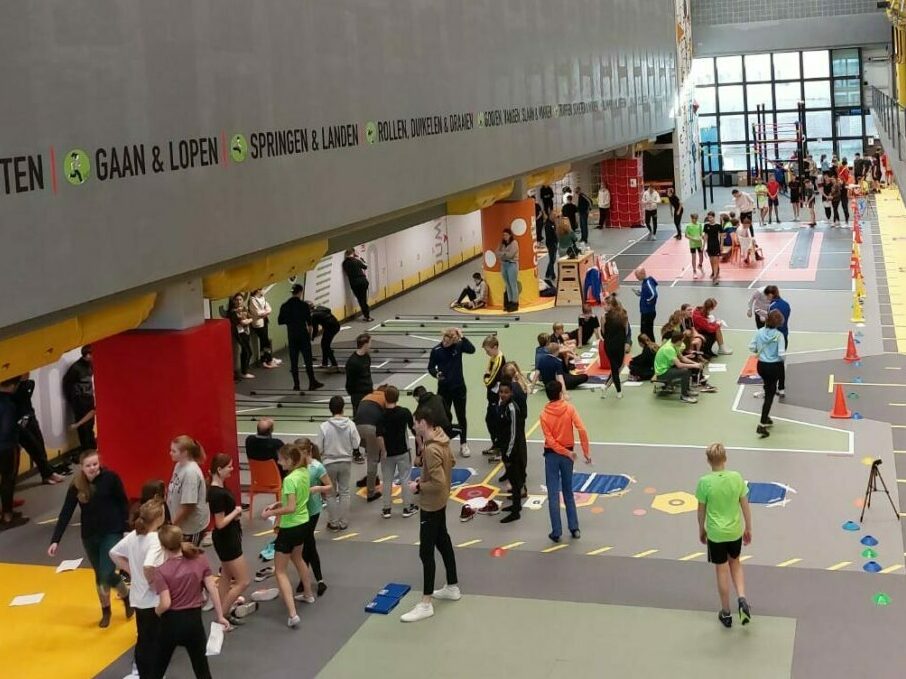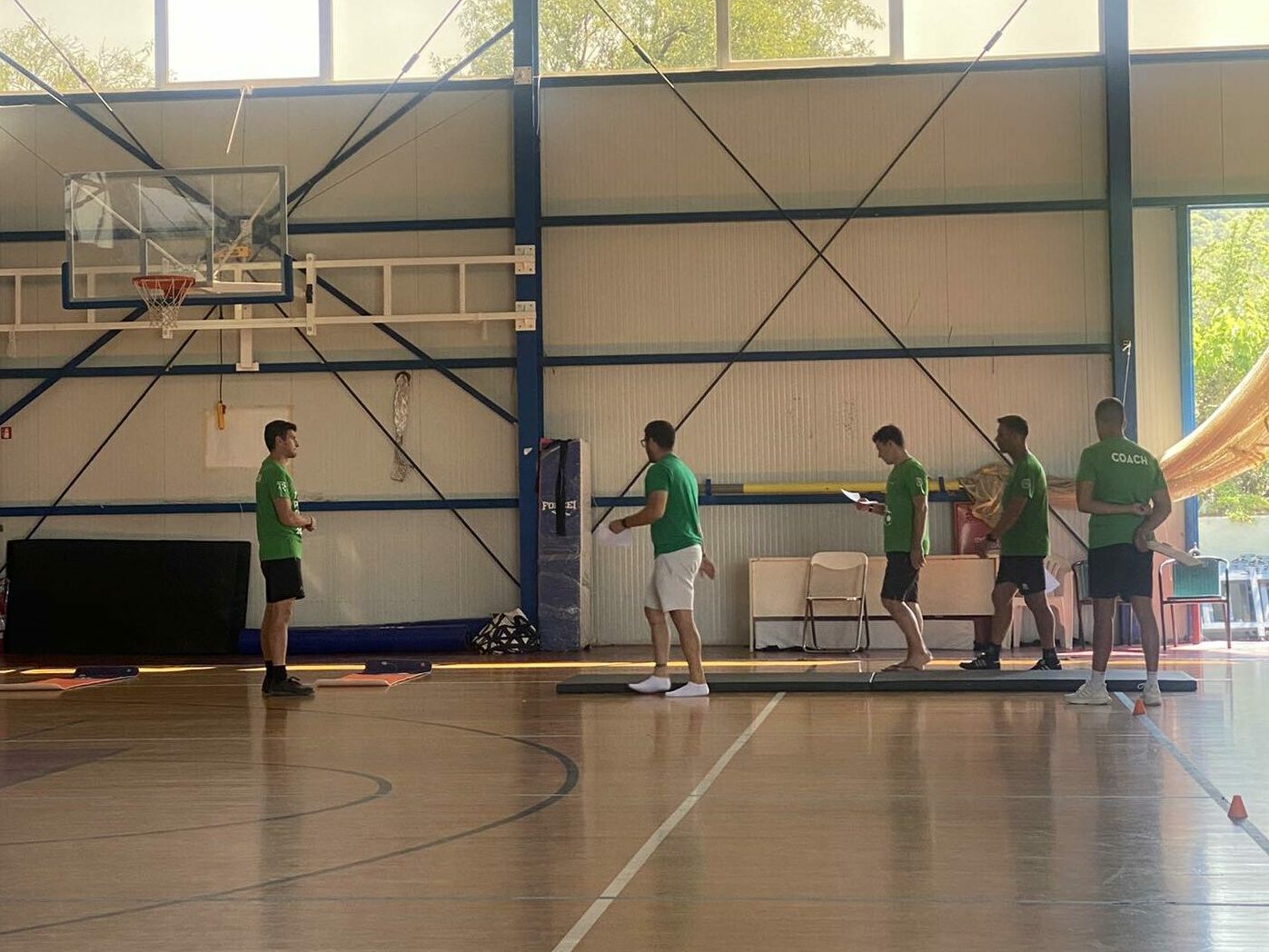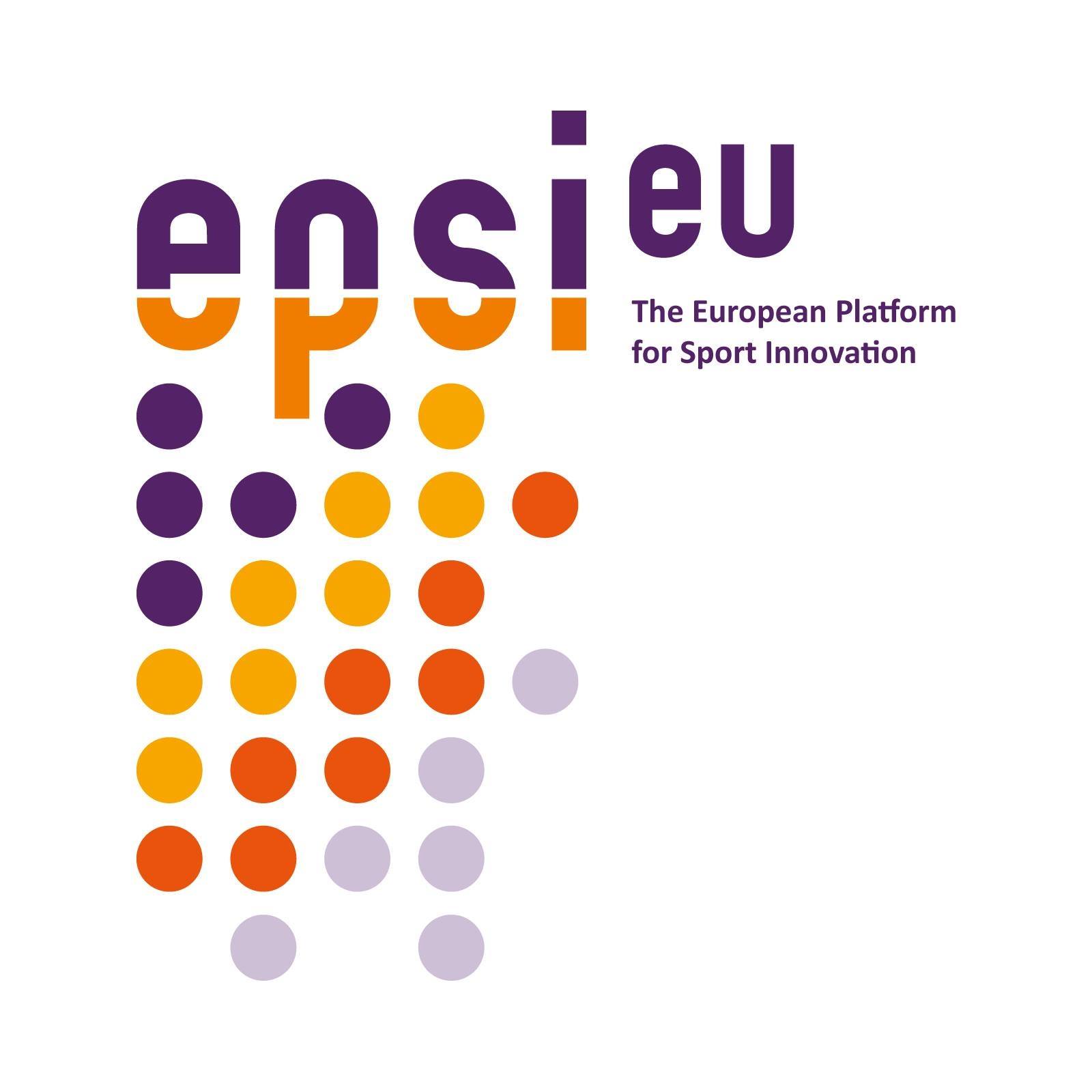Revolutionizing physical activity: the impact of SPEX Project and BST.Coach case, leveraging gamification in sports to motivate, engage, and transform lives through innovative approaches to exercise.
Lack of exercise as cause of death and health problems
Over 5 million deaths per year are due to lack of exercise in daily lifestyle. Or, better said, a lot of death causes and health problems can be indirectly reconducted to this lack. And it is nothing new that this a risk factor for numerous chronic diseases. Physical activity is a crucial element for a healthy life, contributing significantly to physical and mental well-being. it is nothing new that this brings other problems. To address this challenge, all nations must adopt national measures to promote physical activity.
A Global Action Plan on physical activity has been implemented by WHO and is an important step forward, to reduce inactivity by 10% by 2024 and 15% by 2030. To ensure the continuity of individuals’ physical activity, it is necessary to keep their motivation high. And this is where gamification comes into play. This technique uses game elements and mechanisms in non-game contexts to make physical activity more fun and engaging.
Integrating gamification into mobile applications and wearable devices creates challenges and competitions that push users to engage more while providing significant benefits. It not only promotes physical activity among people of all ages but can also be used to address problems typical of conventional rehabilitation techniques. Furthermore, it contributes to the development of practical knowledge, helping users improve engagingly. An important aspect is the positive effect on users’ intrinsic motivation and engagement. Gamification reduces sedentary behaviours among students contributes to building social communities and helps counteract the long-term loss of motivation. The results of various research demonstrate that gamification significantly improves fitness-related behaviours, overcoming any negative effects and encouraging healthy behaviours in different types of populations: children, adults, elderly people, students and sports enthusiasts.
In summary, gamification represents an innovative and powerful strategy for motivating people to lead a more active and healthier lifestyle. Game elements, such as scores and leaderboards, generate a sense of achievement and push people to engage more in physical activity, helping to achieve health and fitness goals. However, gamification is not just a theoretical concept, but a practical reality with tangible applications that demonstrate how it can be leveraged to improve people’s health and well-being through sustainable and engaging physical activity. There are several successful examples of gamification such as the SPEX project and the case of BST.Coach. With the collaboration of EPSI, both of them managed to win two different funding calls financed respectively by the European Union and the European Spatial Agency (ESA).
SPEX project, exergaming applied to children
The SPEX project aims to introduce an innovative scientific method in Europe to involve 8-10-year-old children in sport. SPEX combines sports and Exergaming through the SportKompas platform, a sports orientation tool for children between 8 and 10 years old. The project wants to identify a scientifical beneficial way to improve children’s motor skills through digital games. This project promotes digital transformation in physical education, aiming to involve every child, regardless of cultural and economic diversity. The 8 project partners – SportaMundi (Belgium) KAMK University (Finland), HAN University (the Netherlands), UISP (Italy), Verde Klaster (Poland), Sportcamp (Greece), Cluster Sports & Technology (The Netherlands) en EPSI (Belgium) – work together to create a sustainable digital solution, to roll it out across the EU.
The BST.Coach project with ESA
There is also another project that focuses on exergaming. It is called “Satellite navigation for high trail gamification”, developed by BST.Coach. Along the hiking trail, the objective is to provide hikers with some exercise or enjoyable activities. As an incentive for finishing it, the system gives them a coupon from a nearby store (like a coffee shop). This system offers personalized training programs and physical activity tracking, but at the same time encourages users to engage in challenges. Through this project, BST.Coach recently won an ESA funding call.
Gamification in exercise offers a world of opportunities to improve health, motivation and well-being. To fully discover the benefits of this innovative strategy and how projects like the two above are revolutionizing the approach to physical activity, discover the BST.Coach digital platform and the SPEX project on Facebook and Linkedin
Click on the links and discover how fun, competition and success can transform the way we live and understand health and fitness.



Application of exergaming to young people in schools through the SportKompas test conducted by the project partners (Project SPEX).
